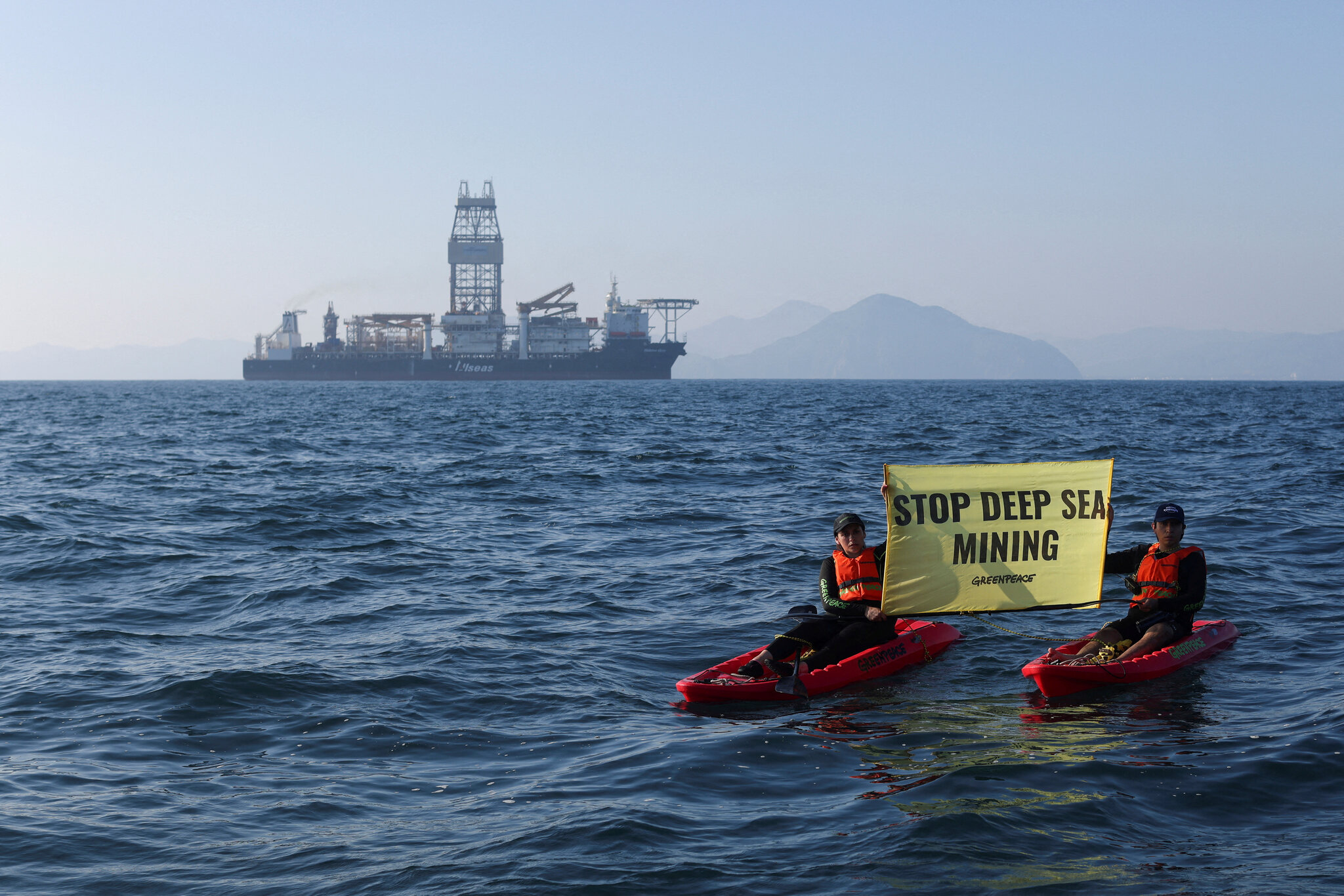U.S. Deep-Sea Mining Push Risks Global Rules-Based Order, Could Aid China, Experts Say
U.S. Deep-Sea Mining Push Risks Global Rules-Based Order, Could Aid China, Experts Say
By
Rachel Steinberg
Last updated:
August 29, 2025
First Published:
August 29, 2025

Photo: The New York Times
The United States is moving quickly to develop a deep-sea mining industry aimed at extracting critical minerals from the ocean floor, seeking to reduce reliance on Chinese supplies. However, policy experts caution that pursuing such activities in international waters could weaken global norms and inadvertently give Beijing a strategic advantage.
Strategic Motivation Behind U.S. Plans
Washington’s push comes amid growing concerns over China’s dominance in the global supply of minerals essential for electric vehicles, renewable energy, and defense technologies. U.S. lawmakers and industry groups are pressing for faster approvals of commercial deep-sea mining licenses, allowing domestic companies to explore international seabeds under U.S. law.
The Biden administration is reviewing multiple applications from private firms, signaling an ambitious timeline to scale up production. Officials argue that these minerals—such as cobalt, nickel, and rare earth elements—are critical to securing supply chains and maintaining technological competitiveness.
Potential Risks to Global Governance
Experts warn that mining in international waters outside any single nation’s jurisdiction could undermine the rules-based global order established by the United Nations Convention on the Law of the Sea (UNCLOS) and other treaties. Without coordinated regulation, U.S. actions could set a precedent that encourages other nations, including China, to exploit the ocean floor aggressively.
Policy analysts also note that while the U.S. seeks to reduce dependence on China, Beijing could still benefit indirectly. Chinese firms have already invested in seabed technology and could capitalize on increased global demand for mining equipment, vessels, and rare minerals.
Environmental and Geopolitical Concerns
Beyond geopolitical implications, deep-sea mining carries significant environmental risks, including potential disruption of fragile marine ecosystems and unknown long-term effects on biodiversity. International observers warn that unilateral mining initiatives could spark conflicts over maritime claims, further destabilizing already tense geopolitical dynamics in the Indo-Pacific.
Strategic Outlook
While the U.S. aims to secure critical minerals to fuel clean energy and defense industries, analysts emphasize the need for multilateral agreements and robust environmental standards. Without careful coordination, Washington’s efforts could weaken international norms, spark regulatory competition, and inadvertently strengthen China’s position in the global mineral market.
As the U.S. evaluates commercial licenses and moves to operationalize deep-sea mining, the balance between national security, global governance, and environmental stewardship will be a critical factor shaping the industry’s future.
Popular articles
Subscribe to unlock premium content
Egypt’s Mega Projects: Ambition or Economic Miscalculation?

The Simpsons: 30+ Years of Cultural Impact and Merchandising Mastery

SpongeBob SquarePants: How a Simple Bikini Bottom Cartoon Became a Billion-Dollar Brand

Egypt’s Mega Projects: Ambition or Economic Miscalculation?

The Simpsons: 30+ Years of Cultural Impact and Merchandising Mastery

Egypt’s Mega Projects: Ambition or Economic Miscalculation?









